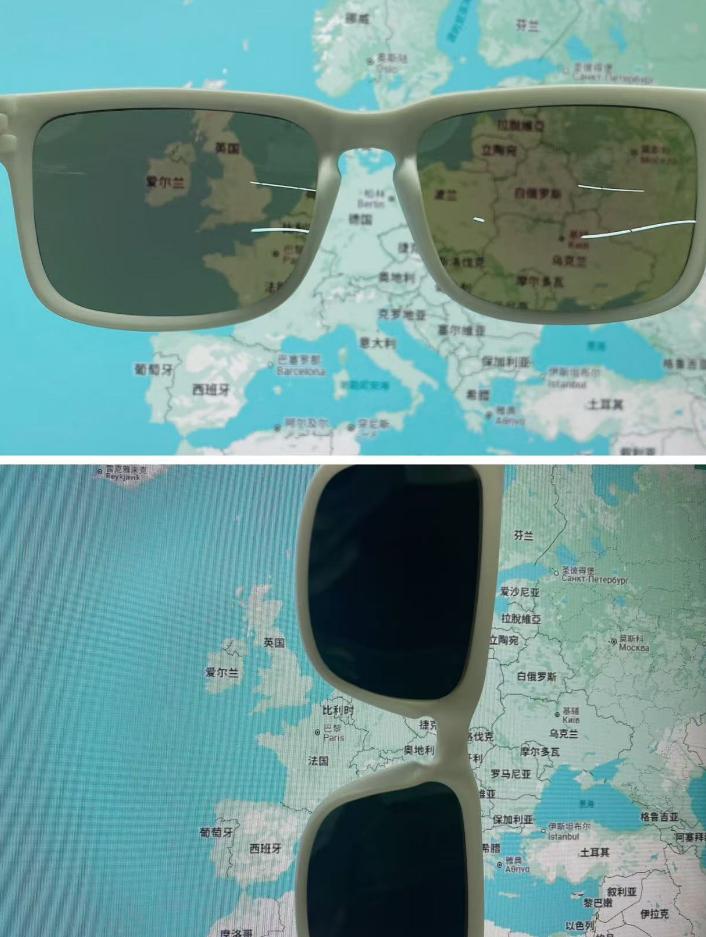Hey, sunglasses enthusiasts and curious minds!
Today, let’s have a chat about polarized lenses. You’ve probably seen them everywhere, but do you really know what they’re all about?
What Can Polarized Sunglasses Do?
Polarized sunglasses are like the superheroes of eyewear when it comes to dealing with glare. They work their magic by blocking out the horizontally polarized light that causes that pesky glare. Imagine you’re out on a sunny day, driving on a wet road. The sunlight bouncing off the water creates a blinding glare that can make it difficult to see clearly. Polarized lenses step in and cut through that glare, allowing you to see the road, other vehicles, and any potential hazards with much better clarity. They’re also great for activities like fishing. When you’re out on the water, the glare from the surface can make it nearly impossible to spot the fish lurking beneath. But with polarized sunglasses, you can peer through the water and increase your chances of a successful catch. And for beachgoers, they reduce the glare from the sand and the ocean, making it more comfortable to lounge around and enjoy the view without constantly squinting.

How to Identify if Your Sunglasses Are Polarized?
To determine whether your existing sunglasses are polarized, place them in front of a digital display such as a computer monitor or the screen in your vehicle. Hold the glasses out so that you can view the screen through the lenses and then rotate them up to 90 degrees. If the lenses are polarized, you’ll notice the screen getting darker or even turning entirely black at specific angles due to the polarization filter. It’s crucial to bear in mind that not all polarization filters are of the same quality. Rabigala Polarized sunglasses are covered with a top-notch polarization filter that can block over 99% of the refracted light along the horizontal angle.

In What Situation I Better Not Using Polarized Sunglasses?**
Believe it or not, there are times when polarized sunglasses might not be your best bet. If you’re using a device with a liquid crystal display (LCD), like a car’s dashboard or a smartphone, polarized lenses can sometimes cause the screen to look distorted or even go blank. This is because the polarized light that the lenses block can interfere with the way the LCD screen works. Also, in some low-light or indoor situations where glare isn’t an issue, wearing polarized sunglasses might make your vision seem a bit off. You could end up straining your eyes to see clearly, which defeats the purpose of wearing glasses to protect and enhance your vision.
So, are polarized lenses necessary? Well, it depends on your lifestyle and the activities you engage in. If you’re constantly outdoors, driving, boating, or fishing, they can be a game-changer. But if you’re mostly indoors or using a lot of LCD devices, you might want to think twice. At the end of the day, it’s all about finding the right eyewear to suit your needs and keep your eyes happy and healthy.

